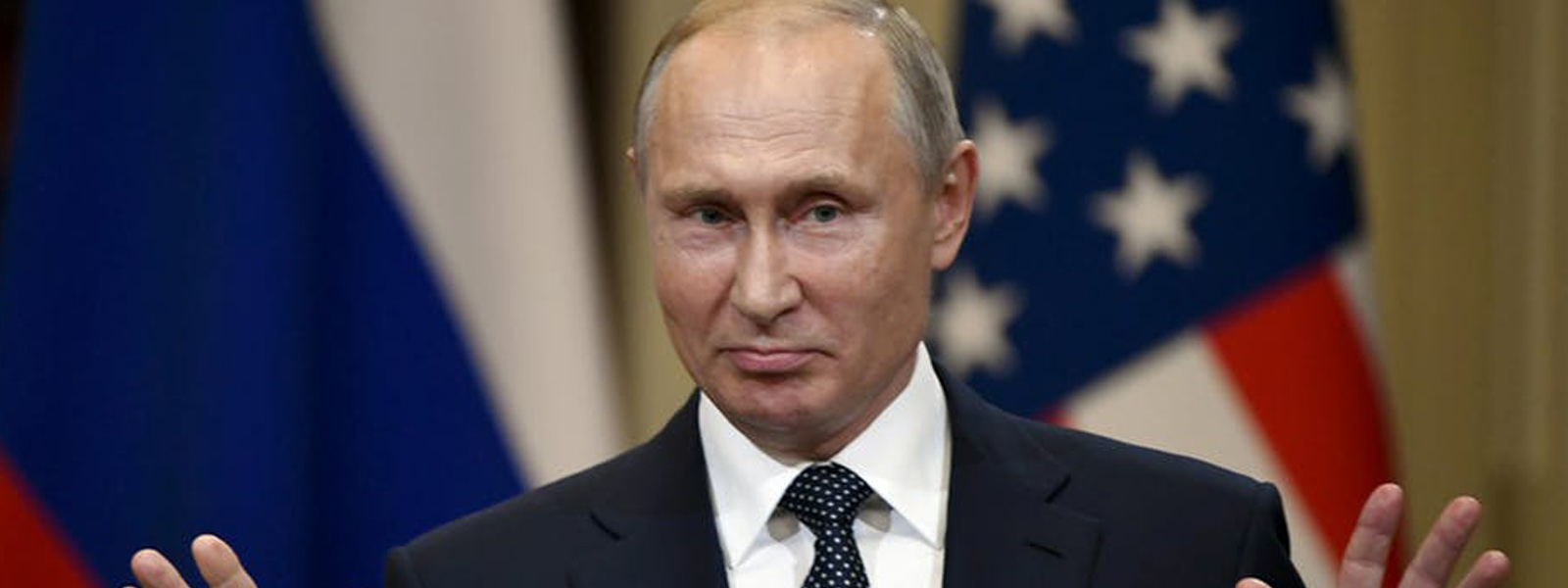.webp)

Putin's rationality: weighing the probabilities of nuclear war
In the last 5-6 weeks, the world, its historians and political scientists have been attempting to decipher Putin's next moves. How and why the Kremlin might use 'the bomb'; ever since the invasion began in February of this year, the world has feared the entanglements of nuclear power in the conflict over Ukraine.
Is Putin's threat of Nuclear war a forewarning of his next few moves? or is it an incriminatory tactic meant to be retaliation for the increasingly suppressive economic sanctions imposed by NATO. In Political Science we are encouraged to apply theory to a given situation in order to deduce the outcome and probabilities of crisis. The most apt theory to explain Putin's threat of nuclear power is the Nuclear Deterrence Theory; this states that countries that possess nuclear power will be reluctance and hesitate to employ their nuclear arms fearing the prospect of retaliatory nuclear strikes. There can be no such thing as a nuclear war as 2 strikes back and forth from both sides will result in annihilation. The prospect of devastation deters nations from using their nuclear arsenals, but does Vladimir Putin subscribe to this psychological rationality?
Many in the West have likened Putin's recurrent invoking of nuclear war as cries of "Wolf" meaning they believe he is bluffing. Are we overestimating Putin's rationality and underplaying the military preparedness of the Kremlin? Putin' s war strategy is driven by his desire to restore the territorial greatness of the former Soviet Union and earlier military sucesses in Crimea and Donbas in 2014.
Washington however, is taking Putin's invocations seriously, raising alarm bells that for the first time since the Cuban Missile Crisis in 1962, there was a very serious prognosis that Russia might respond to its desperate situation in Kherson with nuclear capacities. For as long as nuclear armaments have been developed by the world's superpowers, most politicians and statesman have submitted to the notion that their weapons will only be used to intimidate their adversaries and that rationality will act as a restraining factor to allow decision makers not to run the risk of nuclear war. Hubert Vedrine, who served as France’s foreign minister from 1997 to 2002, told The New York Times that, “A country that possesses the bomb does not use it and automatically enters the system of deterrence and doesn’t take absurd risks.”
The situation in Ukraine however might be a unique case, Putin perceives Ukraine as a province that once belonged to his cherished Soviet Union, and as such must be recovered in order to
restore Russia's national pride. NATO and the Ukrainians see this nation as an independent territory who's sovereignty must be defended. Given the stance of the two sides it is possible that both will be willing to engage in high-risk behaviour to protect their fundamental beliefs. When leaders are immersed in a fight for what they believe is right, rationality is not always a key player in decision-making; way back in 1962, during the Cuban Missile Crisis, Soviet Premier Nikita Khrushchev was willing to risk nuclear war in response to US missiles being operational in Turkey.
In a case of nuclear war, there can be no winners and would serve no end. Therefore, acknowledging Putin's political prudence, it is highly unlikely that the Kremlin will seriously contemplate operationalizing their nuclear arsenal over Ukraine.
Other Articles
Featured News





.png )





-794314_550x300.jpg)



















.gif)